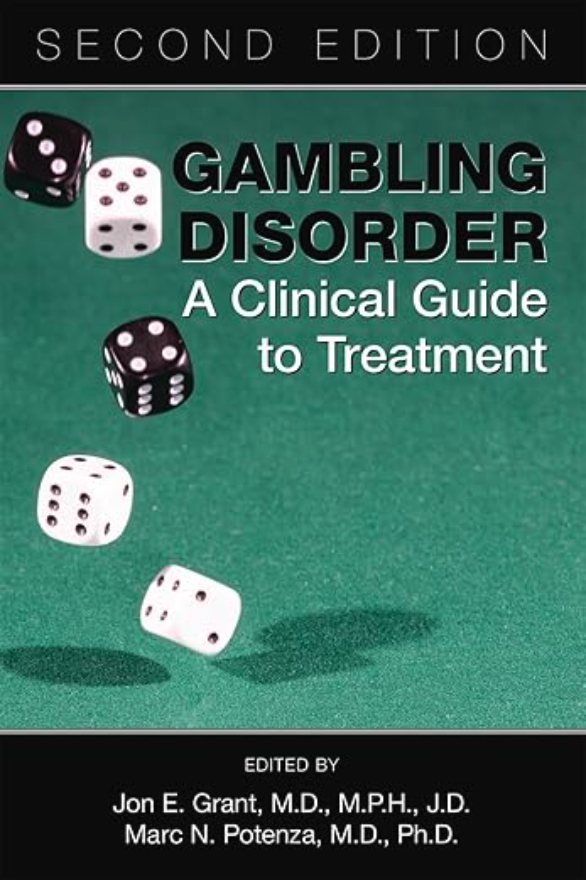Trust, once broken, can feel impossible to repair—but healing is possible. Gambling addiction often leaves behind more than just financial hardship; it creates deep emotional and relational wounds. If you’re in recovery or supporting someone who is, this guide will help you rebuild trust after gambling and move forward with clarity, consistency, and compassion.
Please know that some links on High Stakes Healing are affiliate links. This means we may earn a commission if you make a purchase, at no added cost to you. These small contributions allow us to provide articles, tools, and support to those in recovery, while recommending only the resources we genuinely value.
1. Acknowledge the Harm
The first step to rebuild trust after gambling is to face the harm it caused—without justification, blame-shifting, or avoidance.
- Take full responsibility for the consequences of your actions—whether emotional betrayal, financial loss, or broken promises.
- Offer a sincere and unqualified apology. Avoid phrases like “I’m sorry if you were hurt.” Instead, say, “I know my choices caused pain, and I am deeply sorry.”
- Practice active listening. Let your partner or loved one express their anger, grief, or confusion without interruption or defense.
Admitting the damage is the beginning—not the end—of rebuilding trust. Honesty plants the first seeds of healing.
2. Commit to Open Communication
Restoring trust after gambling addiction requires a commitment to transparency and emotional safety. This means being willing to share, even when it’s uncomfortable.
- Discuss your recovery goals and the tools you are using to stay accountable—therapy, support groups, or financial boundaries.
- Be honest about slips or urges. Hiding information only recreates the secrecy that broke trust in the first place.
- Use active listening and empathy. When loved ones ask questions, respond with openness rather than defensiveness.
By staying emotionally available and clear, you demonstrate that rebuilding trust after gambling is your priority—not just in words, but in consistent communication.
3. Demonstrate Consistency and Accountability
Trust isn’t rebuilt through grand gestures—it’s earned through repeated small actions. Let your recovery be visible.
- Follow through on all commitments—attend appointments, stick to your financial plan, and show up when you say you will.
- Consider sharing financial access or budgeting tools to rebuild financial transparency.
- Honor the boundaries set by your loved one, whether that means limited cash, accountability check-ins, or shared planning.
Consistency builds credibility. When your actions align with your words, the slow work to rebuild trust after gambling gains momentum.
4. Share a Recovery Plan
One of the most effective ways to restore trust is to show that you’re actively invested in your long-term recovery—not just avoiding gambling, but reshaping your life.
- Build a recovery plan that includes both emotional and financial healing. This might include therapy, a debt repayment schedule, and regular check-ins.
- Discuss your gambling triggers and the strategies you’ve put in place to deal with them—self-exclusion, mindfulness techniques, or support hotlines.
- Invite your loved one into your recovery process (if they’re willing) so they can see your progress, not just hear about it.
When people feel included in your recovery, they begin to feel more emotionally safe. That safety is foundational as you rebuild trust after gambling.
Break free with an approach that fits your life
If traditional methods didn’t resonate, explore the Life Process Program® — designed to help you regain control without pressure or shame.
Save 15% with the code HIGHSTAKES.
5. Practice Patience and Forgiveness
Rebuilding trust is not linear. There will be setbacks, moments of doubt, and waves of old hurt. Stay committed.
- Understand that suspicion or hesitation from loved ones is normal. Don’t demand immediate forgiveness or expect quick healing.
- Give your partner or family the space they need to process their pain—without pressure.
- Be kind to yourself as well. Learning to forgive yourself is part of the emotional repair work.
Patience reinforces trust. It shows that your commitment to healing isn’t conditional or driven by guilt, but grounded in integrity and growth.
6. Seek Professional Support
You don’t have to rebuild trust after gambling alone. There are professionals and support networks ready to help.
- Individual counseling can help address shame, trauma, and impulse control.
- Couples therapy offers a structured space to rebuild emotional intimacy and open communication.
- Financial therapy or coaching can help manage debt and reduce money-related tension.
Support groups like Gamblers Anonymous and SMART Recovery offer community, accountability, and a reminder that trust can be rebuilt—one day at a time.
Recommended Reading
Featured Book Review
 Gambling Disorder by Jon E. Grant & Marc N. Potenza
Gambling Disorder by Jon E. Grant & Marc N. Potenza
A comprehensive, research-based clinical guide that explores the diagnosis, biology, and treatment of gambling disorder. Grant and Potenza present evidence-supported approaches used by leading specialists, offering clear strategies for assessment, intervention, relapse prevention, and long-term management. Ideal for clinicians and anyone seeking a deeper understanding of the complexities behind gambling addiction.
Recovery takes guidance, and books can provide both comfort and practical strategies. Visit our Books Page for more insights and explore guides, memoirs, and workbooks that support lasting change.
Podcasts That Support Recovery and Relationship Healing
- Fold em: Help for Gambling Problems – Personal stories of recovery and practical advice on rebuilding trust.
- The Gambling Recovery Lounge – Honest discussions between gamblers and their loved ones.
- All Bets Are Off – Focused on the impact of gambling harm on families and how to move forward.
Gentle Tools to Begin
- Gambling Addiction and Relationships
- Family Relationships and Gambling Addiction
- Subscribe to our newsletter for weekly support and tips on recovery.
- Visit our Long-term Gambling Recovery Roadmap to reduce stress and improve emotional balance.
- Explore our Emotional Support Resources for yourself or someone you care about.
Final Thoughts: Healing is Possible
To rebuild trust after gambling is a courageous journey. It involves acknowledging the past, committing to change, and staying accountable with every step forward. It means showing—again and again—that your word has weight, your recovery has depth, and your relationships matter deeply to you.
Trust doesn’t return overnight. But with time, integrity, and open-hearted effort, healing becomes more than possible—it becomes inevitable. You have the strength to rebuild, the courage to change, and the tools to create a life anchored in truth and trust.





